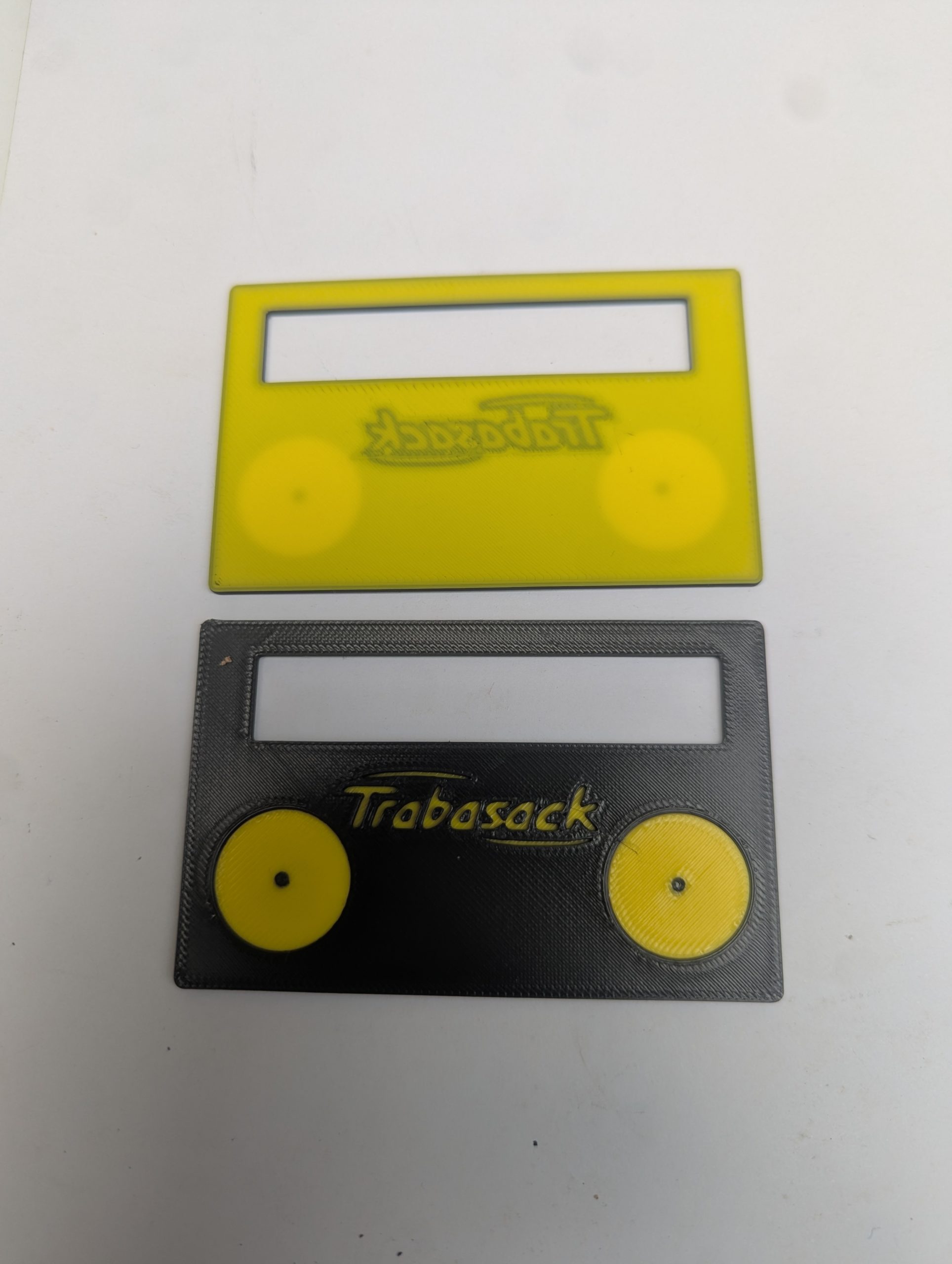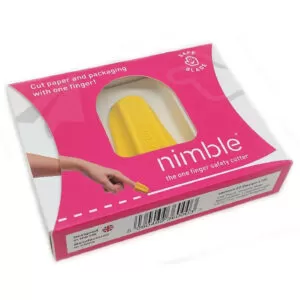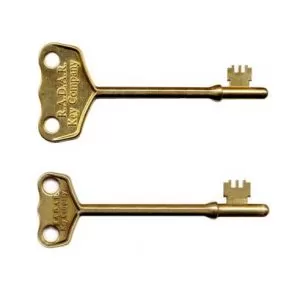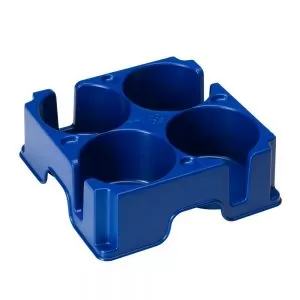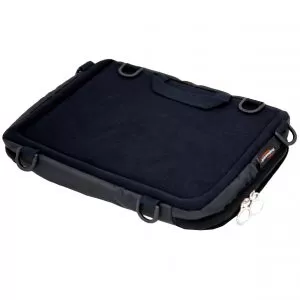Detailed Features
- Durable PLA Construction Made from eco-friendly PLA, this card resists bending and cracking through daily use.
- Precision Window A rectangular cut-out keeps the pen tip centred on the signature line, removing guesswork.
- Reversible High-Contrast Design Black on one side and bright yellow on the other—flip to suit user preference.
- Tactile Thumb-Guide Markers Two shallow indents indicate the bottom of the hard, so you can orient the card by touch alone and easily fimd the window to write your signature in.
Key Uses
- Mortgage and Loan Sign-Offs complete property paperwork in a single visit, show consideration and inclusion.
- Bank Authorisations Users with tremors produce legible signatures on the first attempt.
- Medical and Legal Forms Removes delays and re-signings in clinics, solicitors’ offices, and conveyancing.
Who Finds This Useful
Blind and Visually Disabled People
The combination of bold contrast and tactile markers lets blind people sign personal, legal, or medical documents independently.
People with Hand Tremors or Limited Dexterity
Thumb indents stabilize both the card and paper, reducing grip strain and smoothing handwriting.
Professionals in Face-to-Face Settings
Estate agents, bank staff, solicitors, and other frontline teams can hand clients the Signature Guide for quick, accurate in-office signings.
Bulk Orders & Custom Branding
Organisations can order in batches of 50 or more, each card printed with your logo or custom design. Use them as in-house tools, client giveaways, or event freebies to showcase your commitment to accessibility and customer care. The sturdy PLA material in eco-friendly and holds up to frequent handling—ideal for lounges, receptions, and outreach events.
For bulk orders, visit our page here and we will contact you for the logo or design that you would like. If you prefer you can contact us directly at shop@disabilityhorizons.com.
Why do we use PLA for the Signature Card?
PLA, or polylactic acid, is a plant-based, environmentally friendly plastic. It is considered eco-friendly primarily because it’s made from renewable resources like corn starch or sugarcane, unlike traditional plastics which are derived from fossil fuels. It’s also known for its ability to biodegrade under specific conditions, particularly in industrial composting facilities. This contrasts with conventional plastics that can persist in the environment for hundreds of years.

